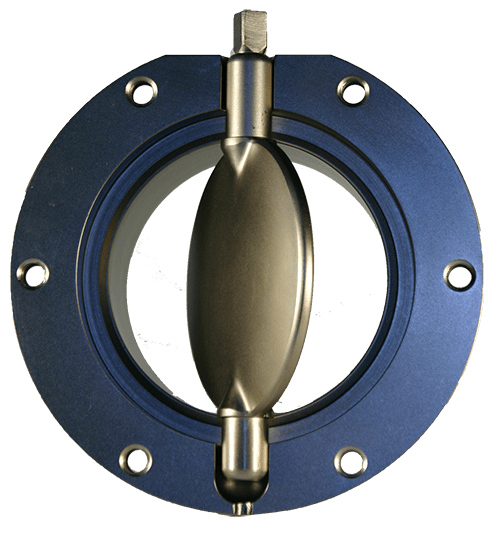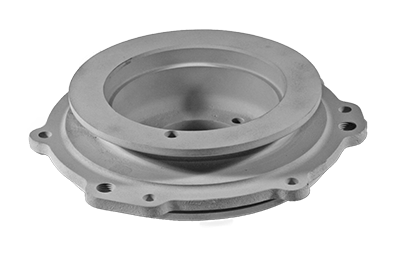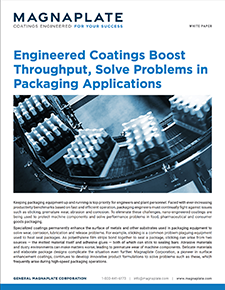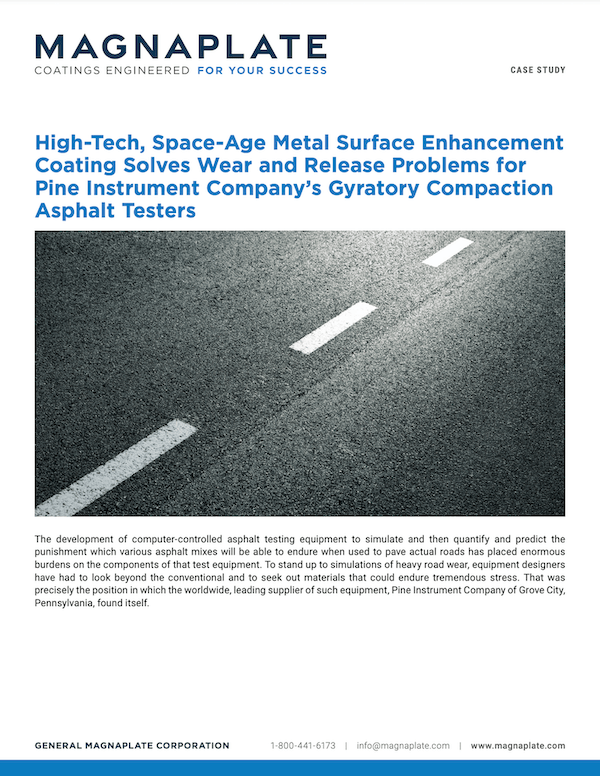
Add Durability and Anti-corrosion Properties to Part Surfaces
We engineer several types of surface treatments that enhance the natural oxidation of aluminum and other metal surfaces such as magnesium and titanium, giving them a durable, uniform finish at the required thickness, with excellent anti-corrosion properties, improved hardness as well as wear and abrasion resistance.
Anodizing is a sophisticated process that is commonly used to transform the structure of a variety of aluminum alloys. The part is submerged in an acid electrolyte bath, and an electric current is passed through the solution. As oxygen ions are released by the electrolyte, they combine with the aluminum atoms of the part surface, yielding a strong, porous aluminum oxide finish. The porosity allows us to further engineer a part to meet specific application requirements.
We manage key anodizing variables, such as temperatures, chemistries and amperages, and apply your coating evenly every time with our automated ramping process. Our experts will help you select the best anodizing method and surface treatment to deliver the reliability and performance your application demands.
Advantages
Improved hardness
Good mold release
Low COF after lubrication
Average coating thickness of 0.0002 - 0.003 inches
High dielectric strength
Can be dyed or sealed
Excellent corrosion protection
Tufram’s 14 x 2.5 x 4.3-foot tanks exceed industry standards to handle much larger parts than competitors
MIL-PRF-8625, AMS-2488, AMS-2469, and AMS-2482
Superior quality and process control
Ideal Surface Treatments
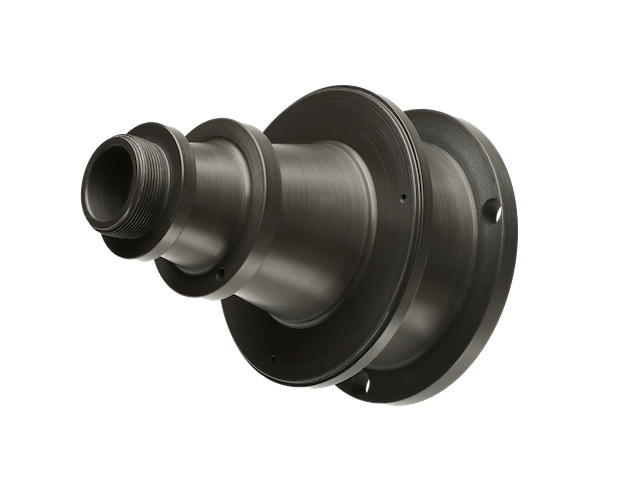
Tufram® Hard Anodized Coating
Tufram combines the hardness of aluminum oxide ceramic with the desirable properties of selected Magnaplate proprietary polymers. These features allow Tufram to outperform conventional hard anodizing and similar processes when it comes to wear and corrosion resistance, friction reduction, hardness and permanent lubricity.
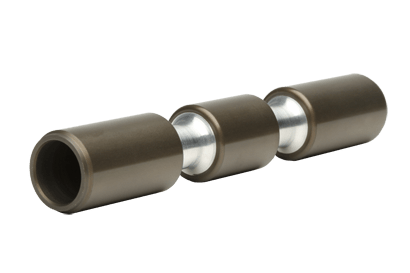
Magnaplate HCR® Anti-Corrosion Coating for Aluminum
Combining the hardness of aluminum oxide ceramic with the sealing action of metallics and proprietary polymers, Magnaplate HCR imparts hardness up to Rc 48 and previously unattainable corrosion resistance and permanent lubricity to aluminum and aluminum alloy parts.
Explore Anodized Surface Treatments
Ready to improve the durability and appearance of your metal surface? Our experts are available to help you review your options.
Request a QuoteTechnical Resources
Videos
Webinars
White Papers
Engineered Coatings Boost Throughput, Solve Problems in Packaging Applications
Keeping packaging equipment up and running is top priority for engineers and plant personnel. Faced with ever-increasing productivity benchmarks based on fast and efficient operation, packaging engineers must continually fight against issues such as sticking, premature wear, abrasion and corrosion. To eliminate these challenges, nano-engineered coatings are being used to protect machine components and solve performance problems in food, pharmaceutical and consumer goods packaging.
Case Studies
High-Tech, Space-Age Metal Surface Enhancement Coating Solves Wear and Release Problems for Pine Instrument Company's Gyratory Compaction Asphalt Testers
The development of computer-controlled asphalt testing equipment to simulate and then quantify and predict the punishment which various asphalt mixes will be able to endure when used to pave actual roads has placed enormous burdens on the components of that test equipment. To stand up to simulations of heavy road wear, equipment designers have had to look beyond the conventional and to seek out materials that could endure tremendous stress. That was precisely the position in which the worldwide, leading supplier of such equipment, Pine Instrument Company of Grove City, Pennsylvania, found itself.
Blog Posts
Plasmadize® Puts the Chill on Sticky Metal Chutes for Ice Pop Maker
The food industry — particularly producers that use sticky ingredients — can trust Magnaplate coatings to maintain machine performance and ensure product quality.
